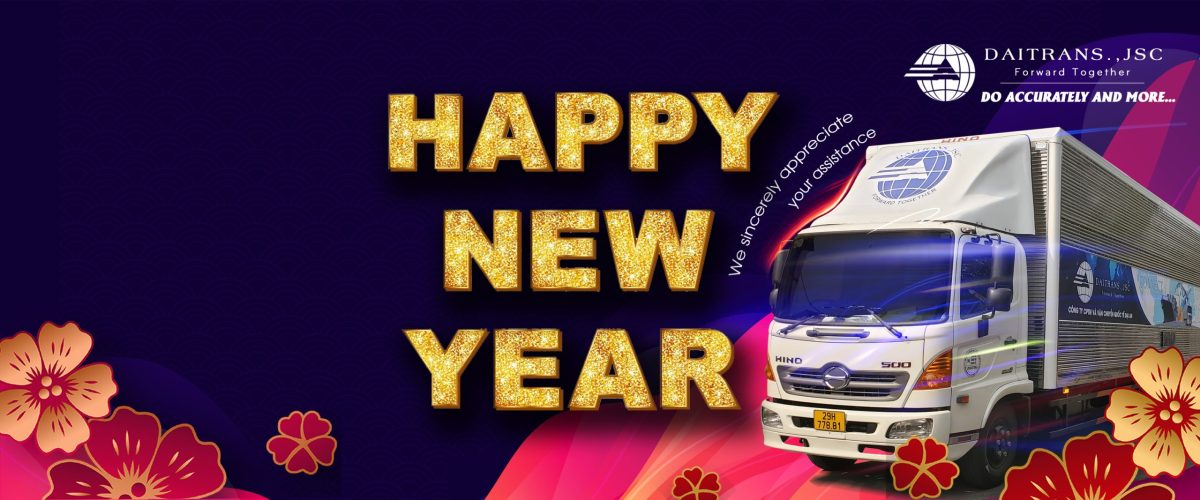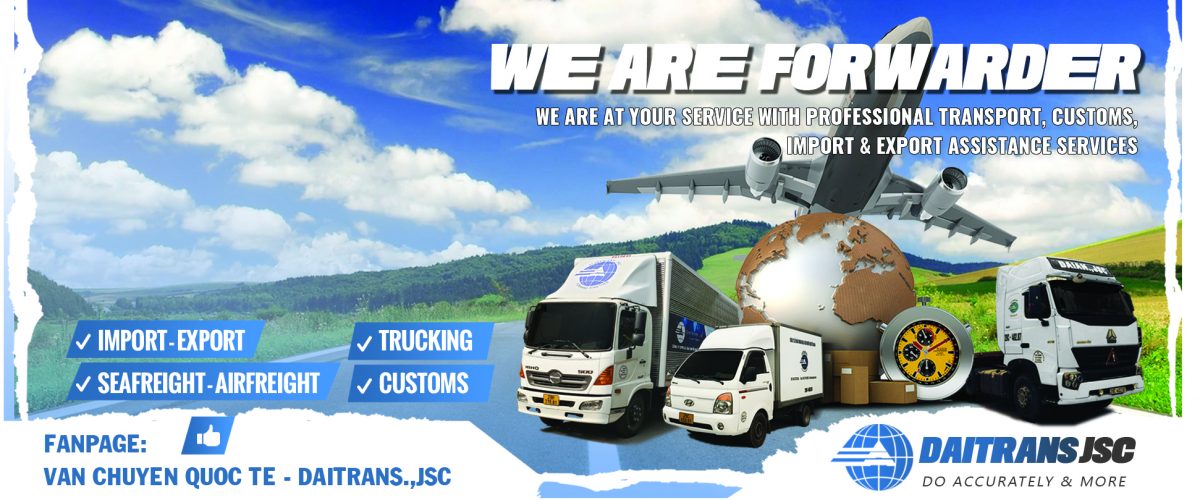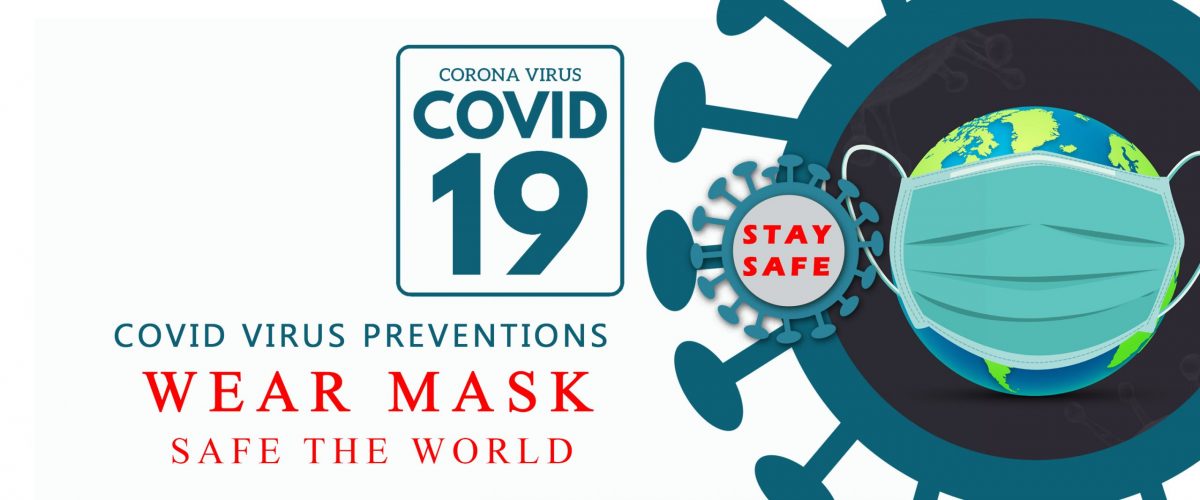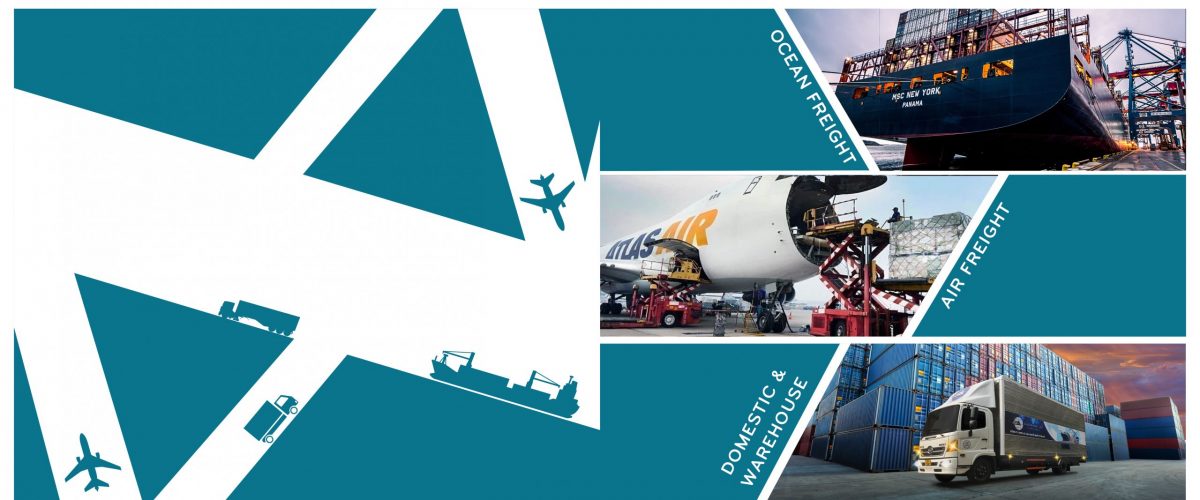February 7, 2022
Vietnam recently issued Decree No. 111/2021/ND-CP (Decree 111), which amends rules on the labeling of goods and takes effect on February 15, 2022.
Decree 111 aims to tackle tax evasion and fraud, and mandates individuals and organizations that produce, export, or import goods to record and determine the origin of their goods. Their labels must ensure accuracy, truthfulness, and compliance with legal provisions on the origin of goods imported to, exported from, and manufactured in Vietnam, or any country participating in international agreements with Vietnam.
Decree 111 amends Decree No. 43/2017/ND-CP (Decree 43) on product labeling regulations.
What are the amendments under Decree 111?
Mandatory information on labels for imported goods to Vietnam
Decree 111 mandates that goods imported into Vietnam must have their original label either in a foreign language or in Vietnamese with the following information:
- The name of the goods;
- The origin of goods;
- Name or abbreviated name; and
- Address of the foreign manufacturer or foreign company responsible for importing the goods.
Previously under Decree 43, if the original label of an imported good did not conform with the provisions under the decree, then the importer had to make a supplementary label before sending such goods into the market.
The origin of goods
Decree 43 made it obligatory to display the origin of goods on labels without other alternatives. This caused difficulty for businesses that could not determine the origin of their goods. Decree 111 modifies this by adding a clause whereby if the origin of goods could not be determined, the business can state the place where the final production stage was conducted.
The following statements or phrases should be presented together with the country or territory where the final production stage took place:
- ‘Assembled in’;
- ‘Bottled in’;
- ‘Product of’;
- ‘Made in’;
- ‘Mixed at’;
- ‘Packed in’;
- ‘Manufactured in’; or
- ‘Labeled at’, among others.
The decree also forbids abbreviating the country where the goods were completed or manufactured.
What about exported goods?
The scope of regulations for the labeling of goods was restricted to goods imported and circulated in Vietnam, according to Decree 43. Decree 111 has expanded this scope to include exported goods.
Goods labeled for export must comply with the regulations of the importing country. The origin of goods labels must comply with Vietnamese regulations or with the international agreements that Vietnam is a signatory to.
Further, the label must not contain images or content regarding sovereign disputes or sensitive content that could impact Vietnam’s national security, society, economics, customs, and diplomatic relations. We have seen in the past where goods involving sovereign disputes have been banned or boycotted by consumers. This is something that businesses should be careful of or risk penalties and losses.
Medical device labeling
For imported medical devices into Vietnam, the labels must show the following:
- The name and address of the legal manufacturer; and
- The name and address of the company or individual who is the registrant (registration number).
If the medical device does not have a registration number, the name and address of the company or individual on the import license, as well as the name and address of the owner of the medical device must be written on the label.
The label must also be written in Vietnamese. If this is unavailable, then a supplementary label in Vietnamese must be added, while the original label remains unchanged.
Plan ahead despite transition period
The regulation allows for a transition period for businesses to comply.
In scenarios where:
- goods labels are compliant with Decree 43; and
- the products were manufactured, imported, or circulated before February 15, 2022.
Businesses can continue to circulate them until the product’s expiry date but no more than two years beyond the effective date of Decree 111.













